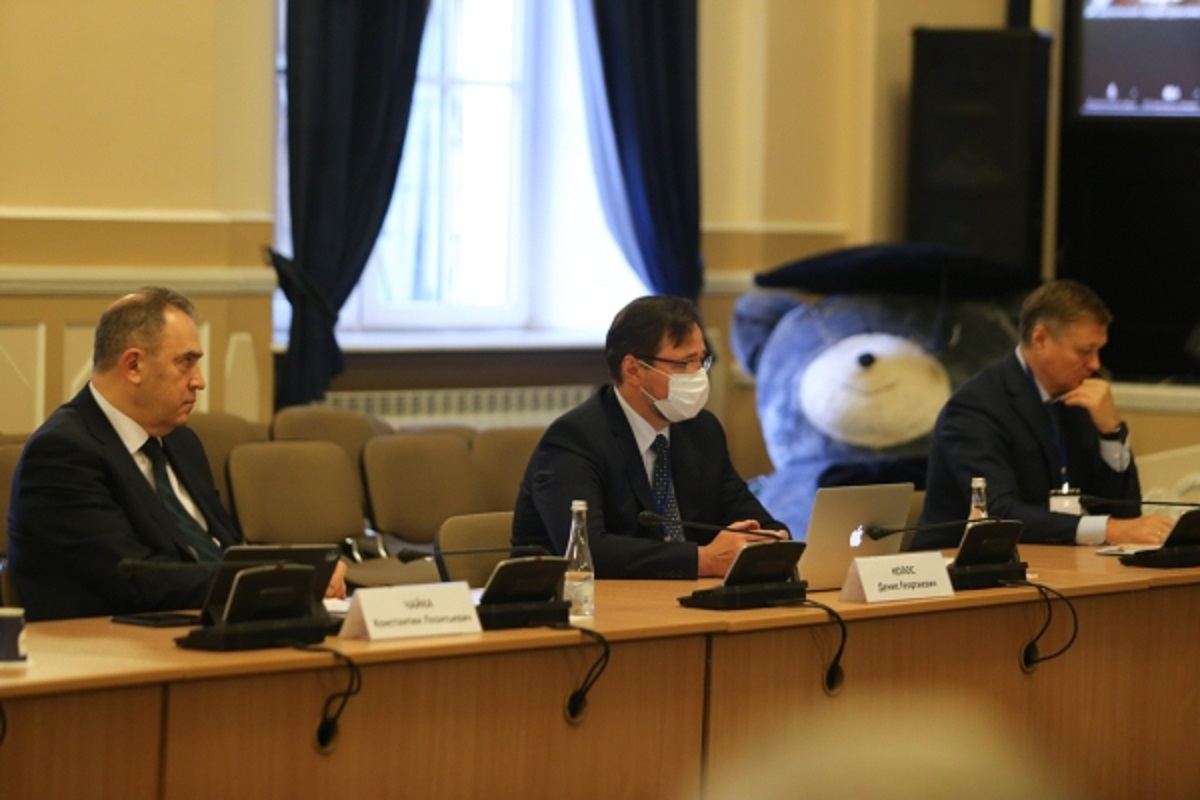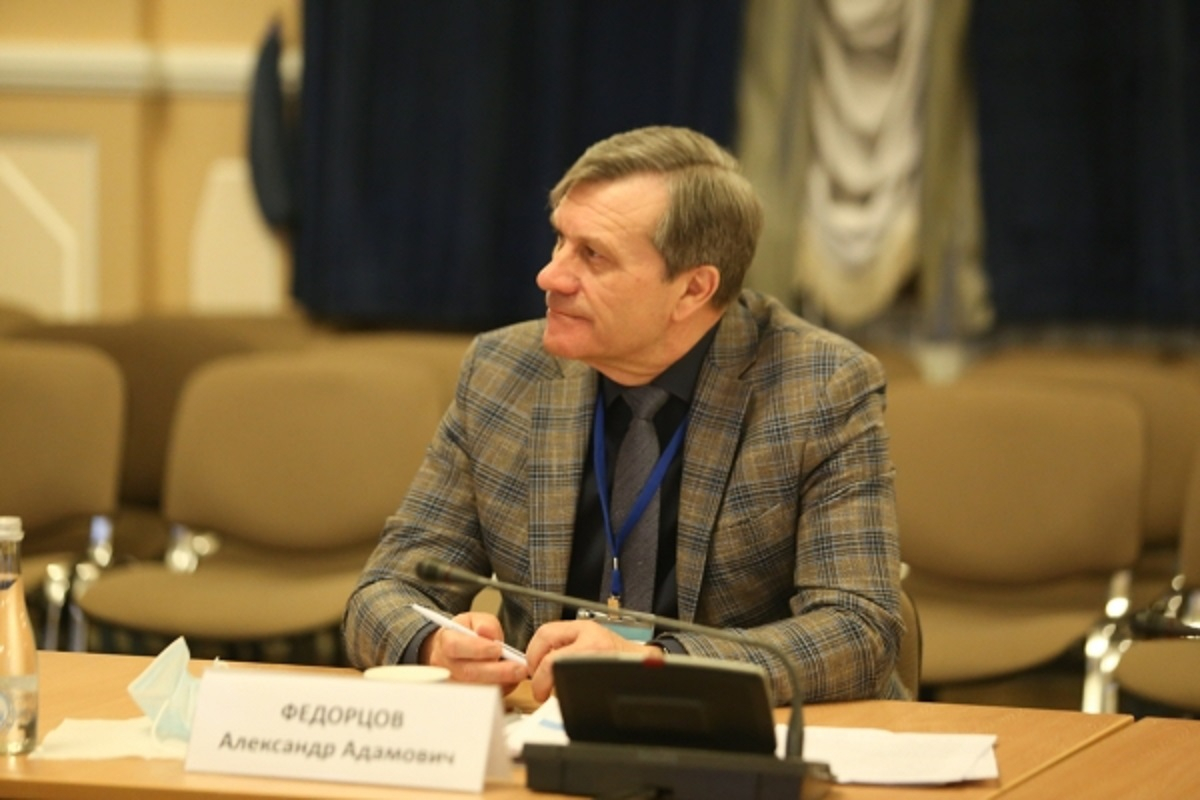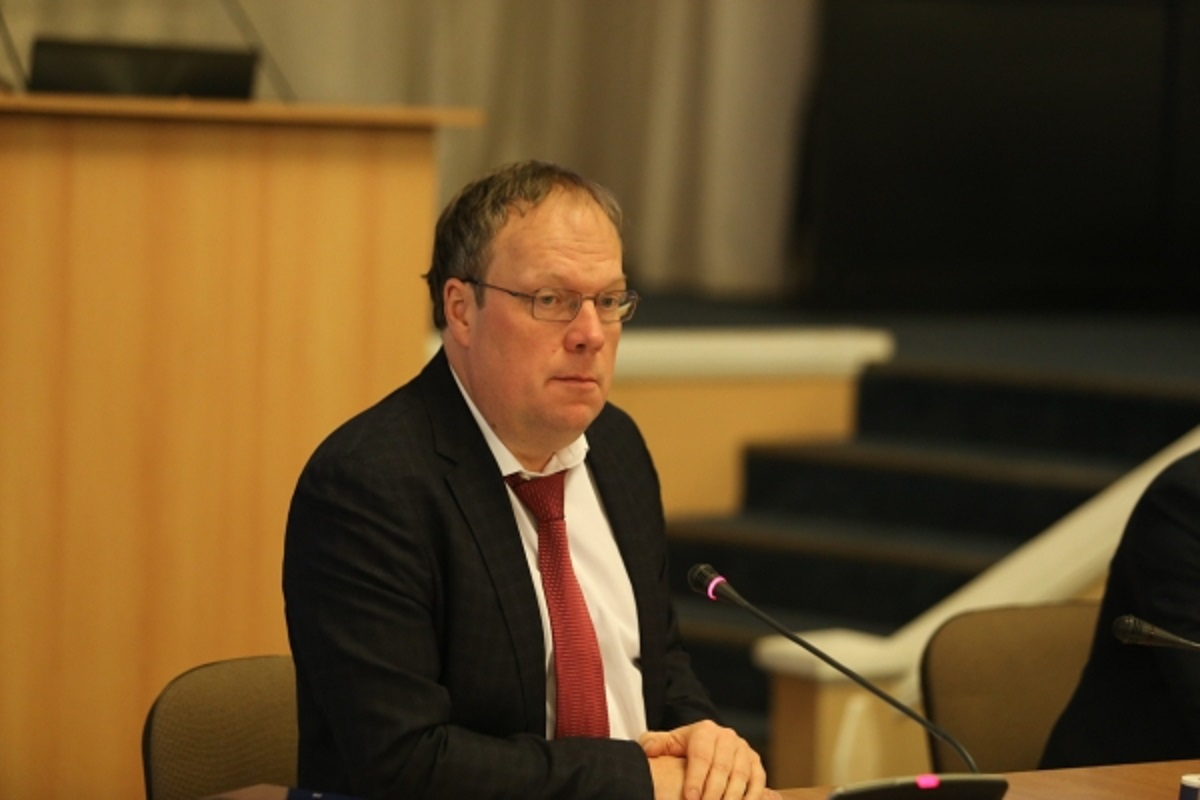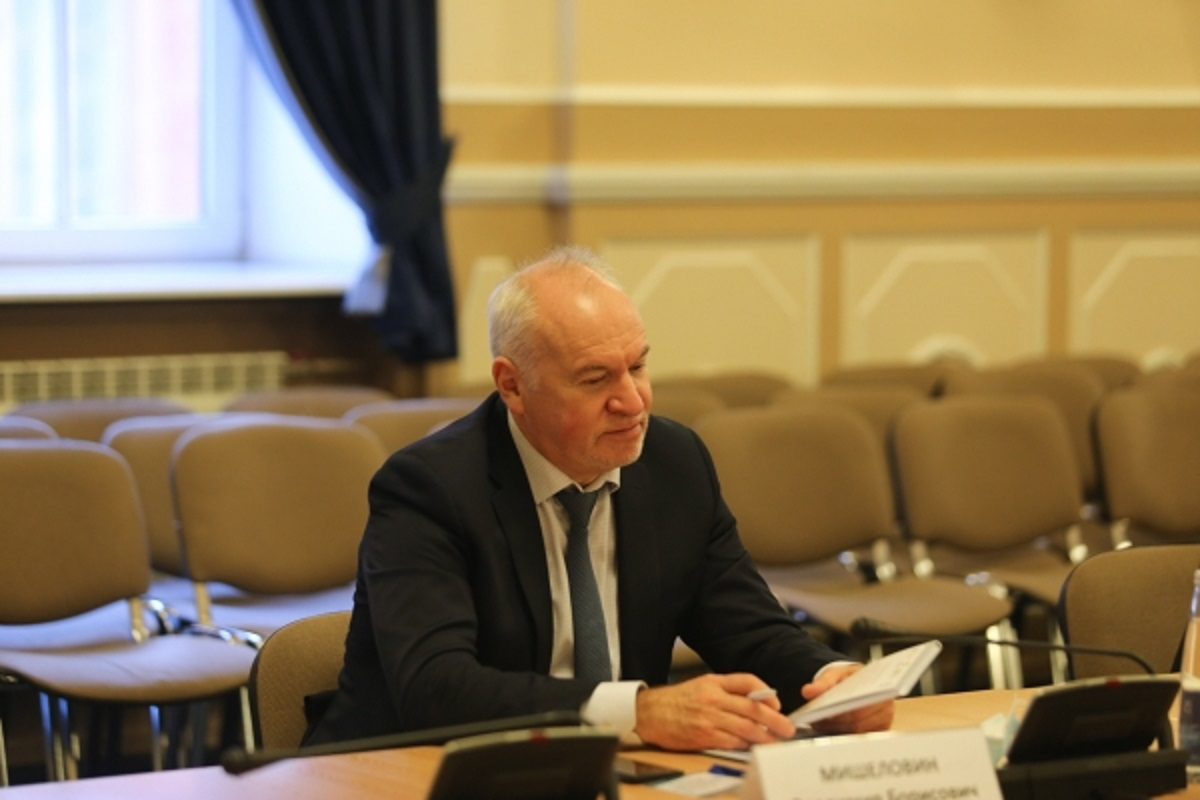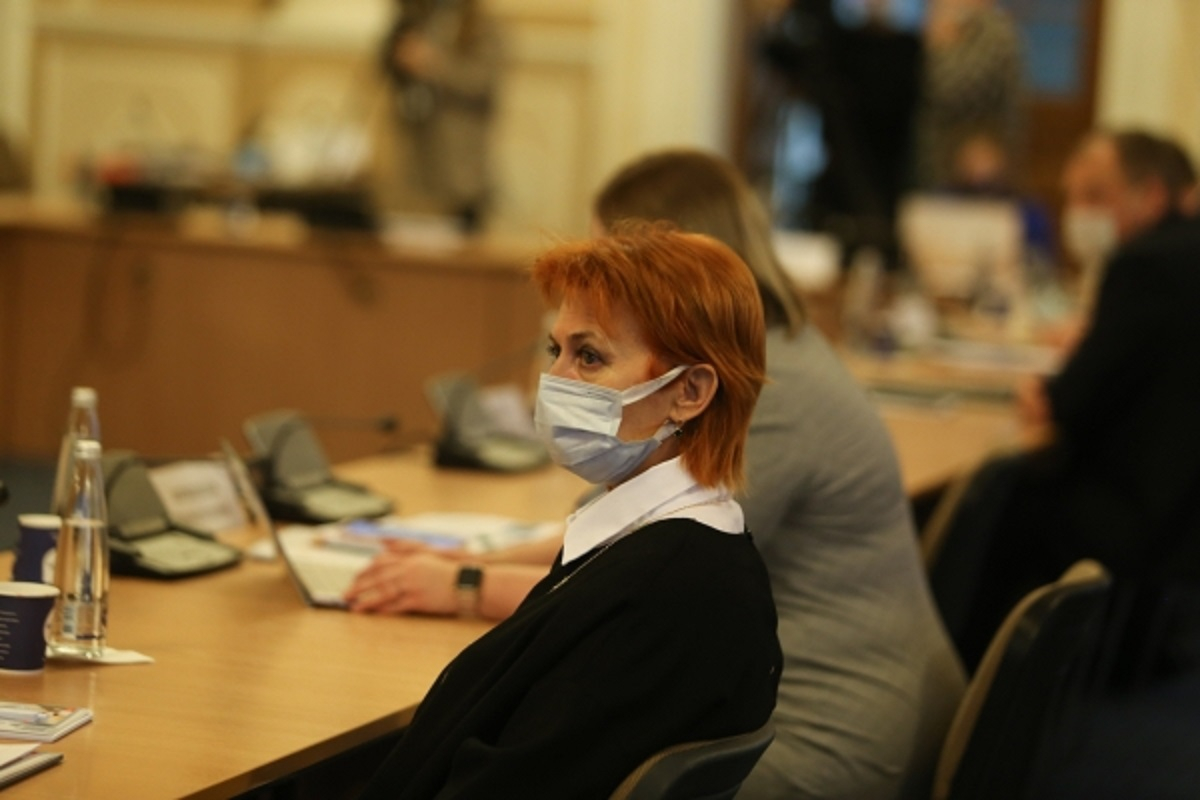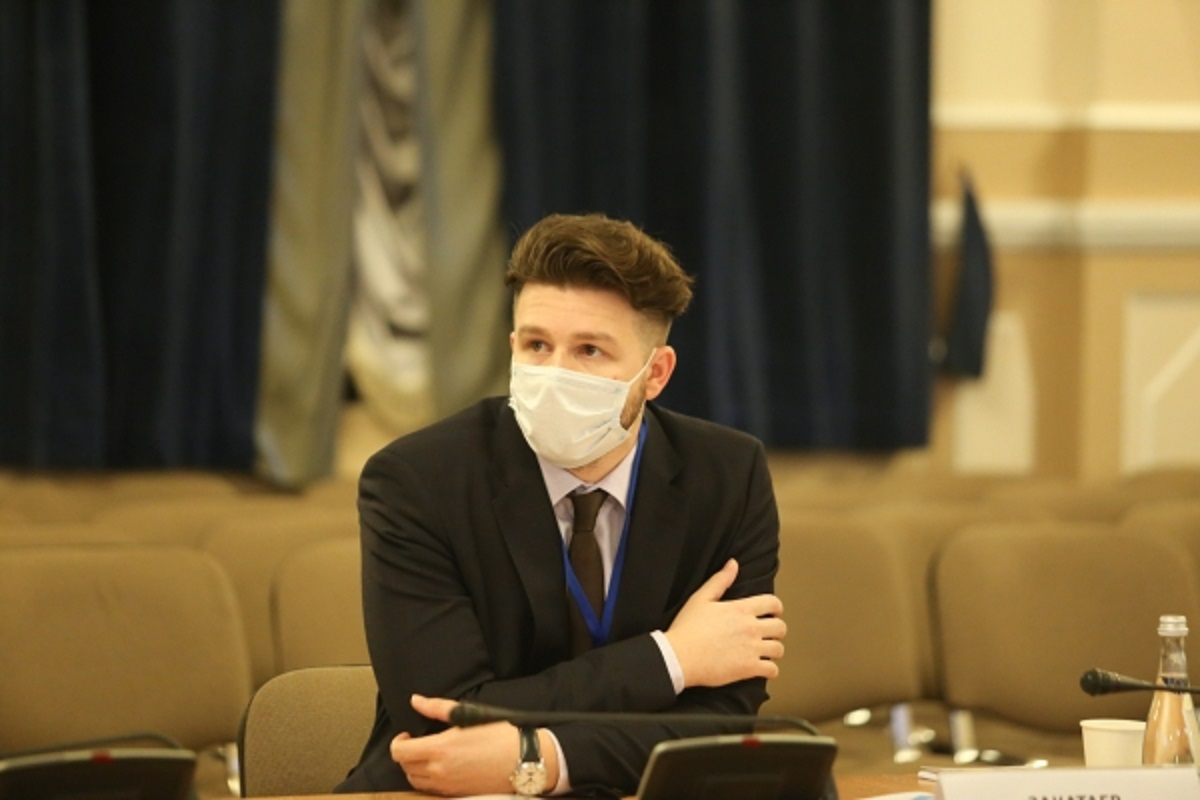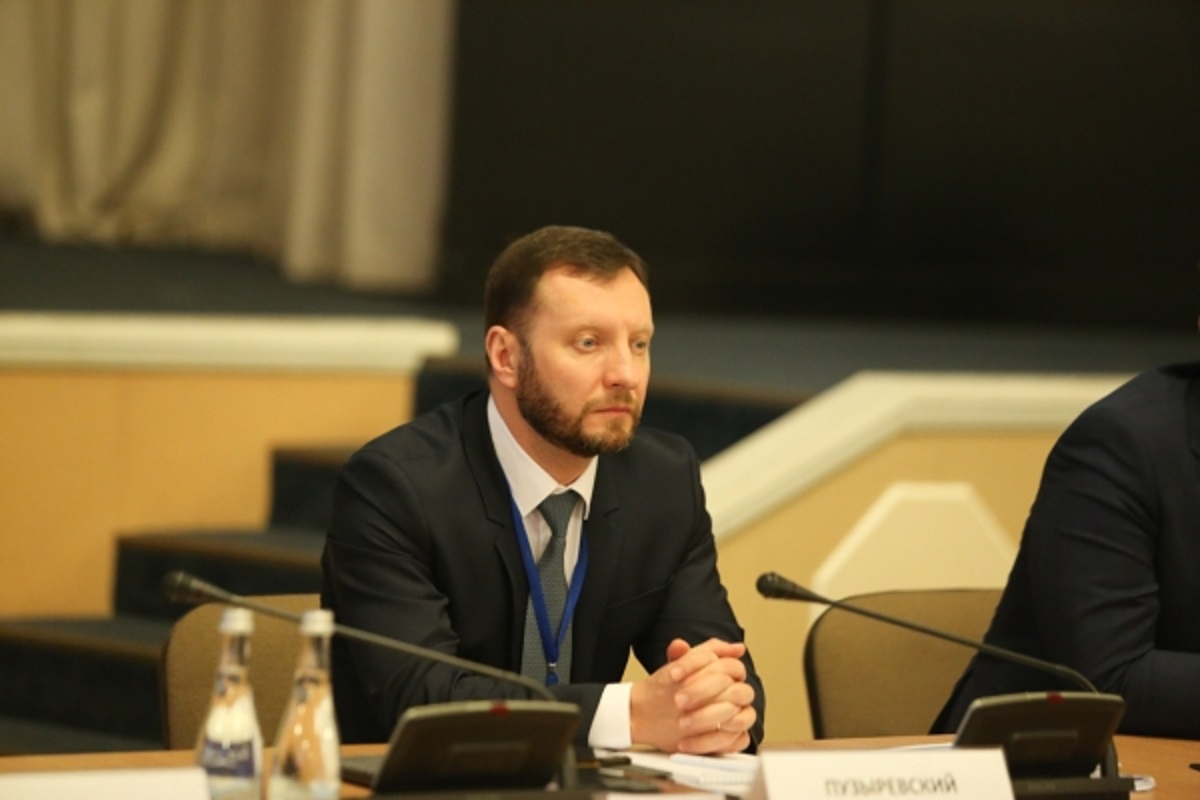Rector of St Petersburg University: online courses developed by universities at the expense of the budget should be open to students of all state universities
Universities should follow clear and simple rules to open access to public property for academic staff and students of all state universities. This statement was made by Rector of St Petersburg University, Corresponding Member of the Russian Academy of Sciences Nikolay Kropachev during the 5th International Conference ’Supporting Competition: Economic and Legal Mechanisms for Balancing the Interests of Production and Consumption’.
The conference brought together leading scholars, teachers and students of St Petersburg University, Lomonosov Moscow State University, Higher School of Economics, Kutafin Moscow State Law University, MGIMO University, other universities, the Federal Antimonopoly Service of Russia, regional departments of the Federal Antimonopoly Service, judges of the Constitutional Court of the Russian Federation, Deputy Head of the Provisional Committee of the State Duma, practicing lawyers, judges of the Eurasian Economic Union, representatives of the business community, the Accounts Chamber of the Russian Federation, and other bodies and organisations, including international ones.
Governor of St Petersburg Alexander Beglov sent a welcome address to the participants noting that the development of competition was among the key factors in economic growth and improving the quality of life of people.
St Petersburg is a region with a favourable investment climate. Following the current antimonopoly legislation, we are doing much to increase the competitiveness of goods and services in St Petersburg and create the necessary conditions for industry, small and medium-sized enterprises.
Alexander Beglov, Governor of St Petersburg
’The city government, with the active participation of the business community, has developed a number of measures to help businesses during the coronavirus pandemic. I am confident that the decisions of the conference will meet the challenges of the time, contribute to the implementation of priority national projects and programmes,’ said Alexander Beglov.
Nikolay Kropachev, Rector of St Petersburg University, Corresponding Member of the Russian Academy of Sciences, spoke about the need to ensure fair competition in the academic field. The Rector drew attention to the fact that today not all core facilities centres with scientific equipment, created or financed from the budget, are open according to clear and understandable rules for scientists from other state organisations.
In Russia, there are universities and research institutes that do not hide research equipment and other resources acquired at the expense of budgetary funds from colleagues at other universities and research institutes. They establish their own rules to gain an access to such resources of public property. This is good.
Nikolay Kropachev, Rector of St Petersburg University
‘Yet such rules (taking into account the characteristics of certain types of organisations and types of public property) should be set at the federal level. This, on the one hand, will increase the efficiency of the use of public property, and, on the other hand, will finally provide employees of state institutions and organisations with their constitutional right to access public property,’ said Nikolay Kropachev.
The existing restrictions on access to public property, which is in the operational management of some state universities, for students, academic staff and employees of other state universities increase inequality between students and negatively affect the level of education.
Nikolay Kropachev gave an example of providing access to online courses. He recalled that in a pandemic, online courses were an important element in maintaining the quality of education. In the spring of 2020, when it became clear that universities should shift to distance learning, St Petersburg University decided to open access to online courses to all students both in Russia and around the world.
The conference was organised by St Petersburg University, the Federal Antimonopoly Service of Russia, the Jurist Publishing Group, and the Griboyedov Institute of International Law and Economics.
Today, even if online courses are developed with a budget grant, they become the property of a particular university. Nikolay Kropachev supported the earlier proposal of Yulia Linskaya, a well-known expert in the field of education in our country, to make this principle as a necessary condition for any competitive procedures involving the allocation of budgetary funds to issue an open licence for access to products created at the expense of these budgetary funds for students of state universities across the country. Following this principle, we can hold a competition to open core facilities centres with research equipment. He said: ‘If Yulia Linskaya’s proposal is implemented, the effectiveness of financial investments in science and education will increase significantly.’
Anton Getta, Deputy Chairperson of the Committee on the Protection of Competition in the State Duma of the Russian Federation, proposed to open an expert council on the issues of protection of competition in research. Mr Getta offered the Rector of St Petersburg University to head this council. Nikolay Kropachev expressed his readiness to take part.


